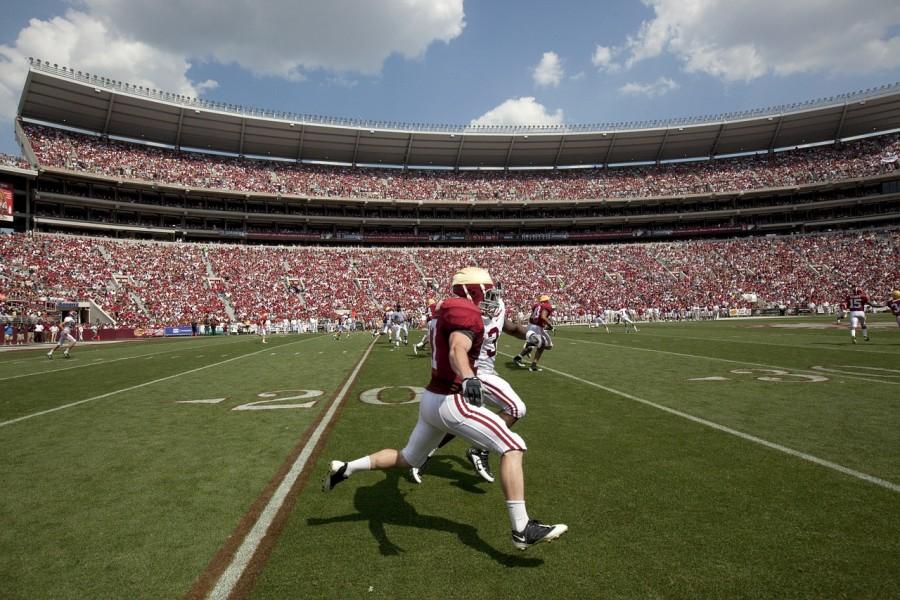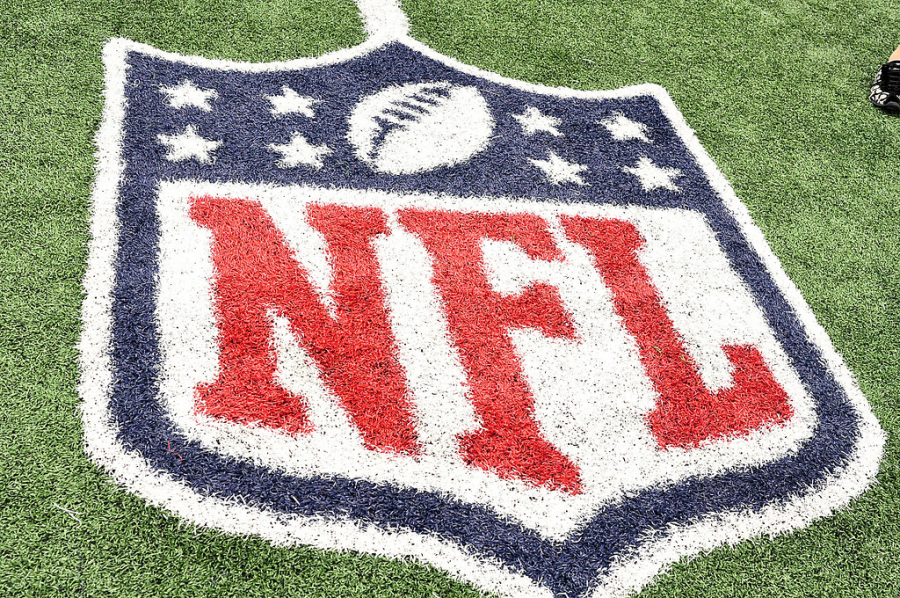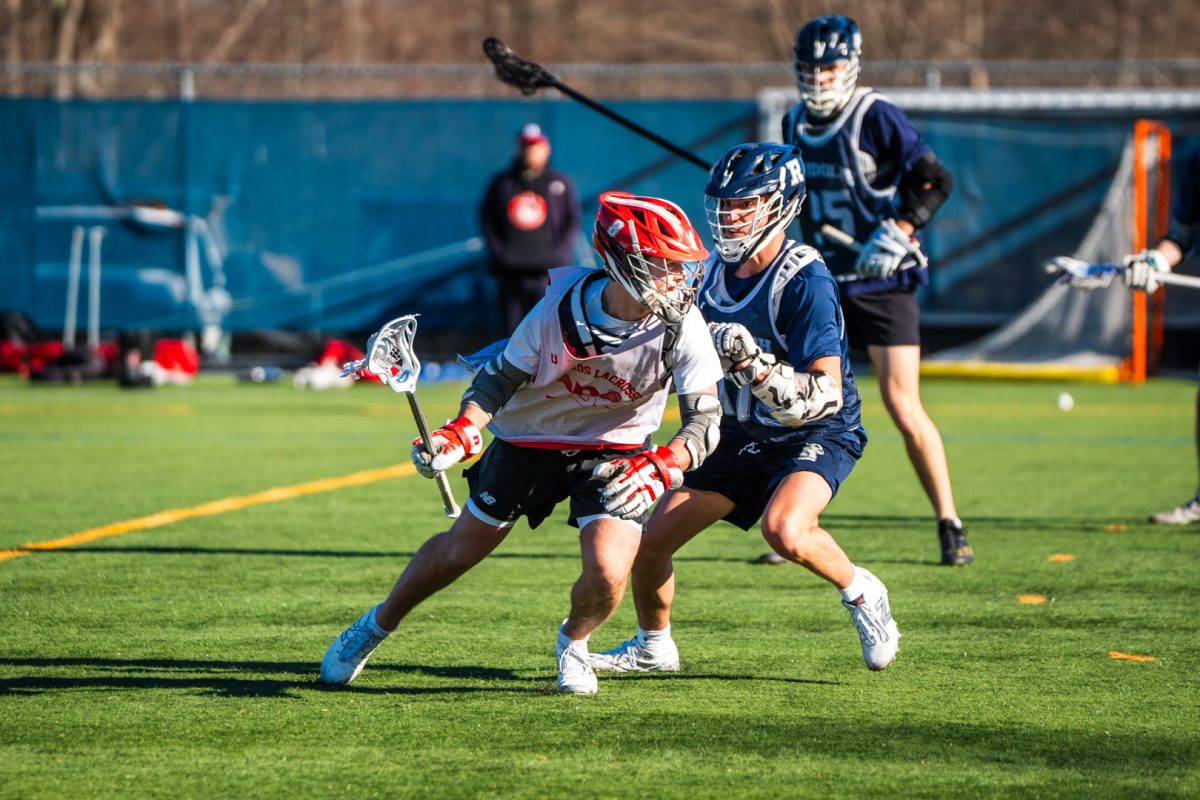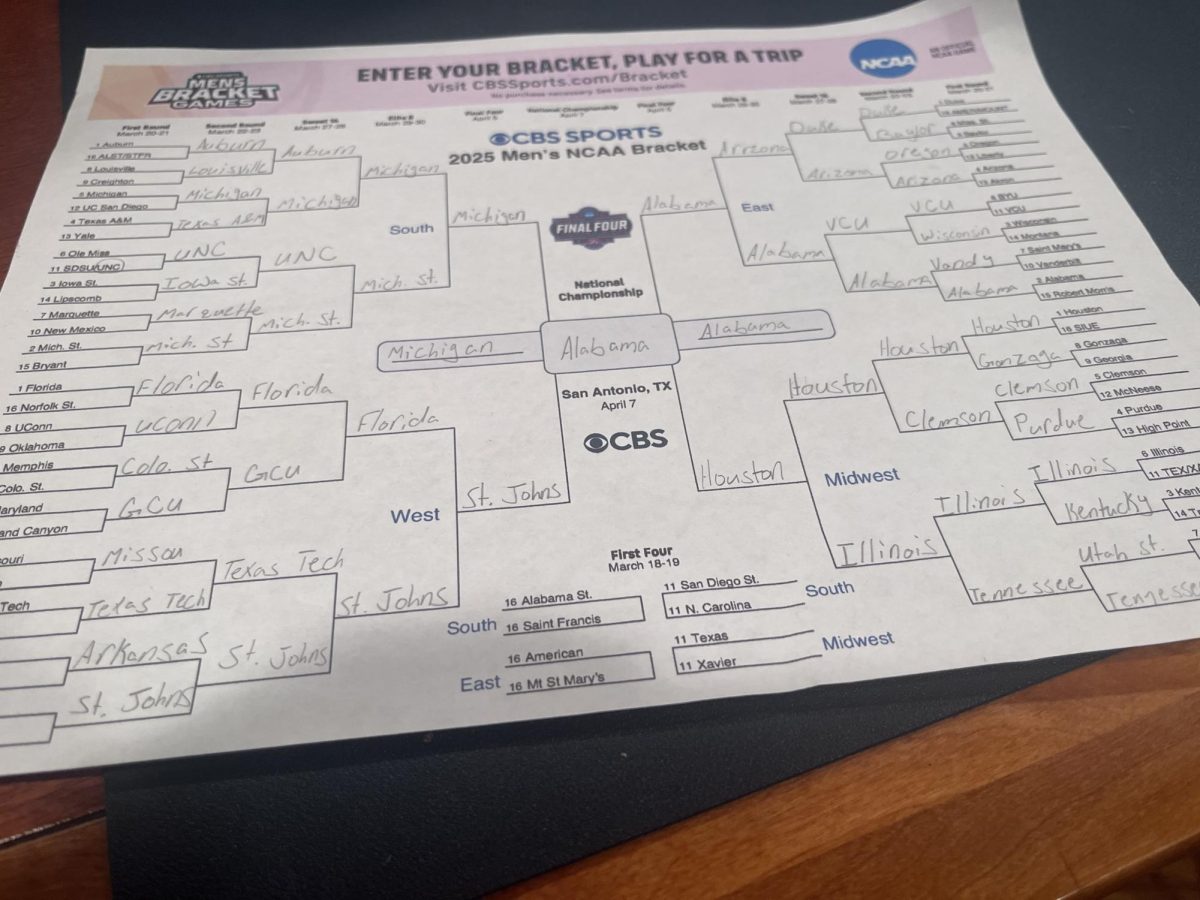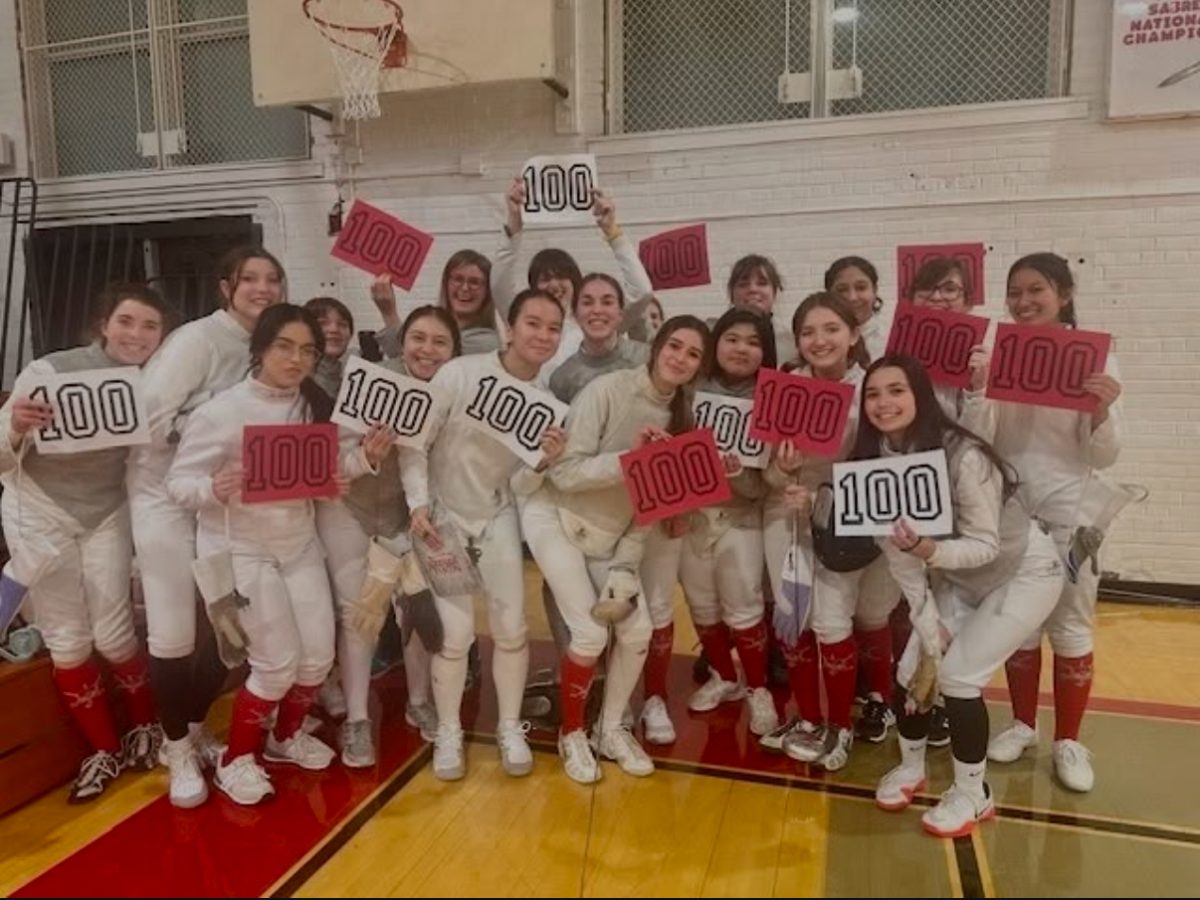When former University of Missouri defensive lineman Michael Sam made the announcement that he was an openly gay football player, it shook the National Football League forever. Not only did the NFL prospect gain the attention of every national and local news station in America, but he paved the way for “closet” gay athletes in every major sport to come out bravely with courage and not in fear. In fact, Michael Sam came out to his team before Mizzou’s last season and nobody on the team said a word to the outside world about it. Sam won the SEC Defensive Player of the Year award while leading his Missouri Tigers to a 12-2 record and is considered by most NFL scouts to be a third or fourth round prospect in the 2014 NFL Draft in May of this year. Whether that draft stock will slide because of his announcement is yet to be seen.
Many teams and players have voiced their support publicly for Michael Sam, but according to a Sports Illustrated report, up to eight general managers have suggested that his draft would fall because of the presumed media circus that would follow Sam to whatever team he is drafted to. Michael Sam’s draft stock had already been reduced due to his short wingspan and concerns about positional fit on an NFL team. On draft day, if an NFL coach has to decide between Michael Sam and another player, assuming the team has the same grade on the two players, Sam’s situation could possibly be seen as a distraction and a “turn off” and concerns about his wingspan could be used as a phony excuse to not draft him. But if Michael Sam, or any player in any sport can play well and contribute to a team, though he may have a different sexual preference than other people in the league, why is his situation so different?
To tell the truth, it isn’t. Sexual orientation does not influence how somebody performs on a football field, basketball court, or any other playing field. Sexual orientation does not make the difference between a good player and a great player, only ability can do that. Sexual orientation does not provide grounds to be discriminated against. If a player can contribute to a team, let him play and treat him like any other player. But why is this such big news? National media networks such as ESPN, CBS, and NBC have almost over covered the announcement, but for good reason: The whole country has been fascinated with this story since it was announced.
There also some players that have openly put in their two cents about the matter, In a recent interview with Outsports.com before Sam made his announcement, New Orleans Linebacker Jonathan Vilma commented, “I think he would not be accepted as much as we think he would be accepted. I don’t want people to just naturally assume, oh, we’re all homophobic. That’s really not the case. Imagine if he’s the guy next to me, and you know, I get dressed, naked, taking a shower, the whole nine, and it just so happens he looks at me, how am I supposed to respond?”
Vilma’s statement was the opposite to what most teams and players have publicly said. Carolina Panthers running back DeAngelo Williams tweeted, “I could care less about a man’s sexual preference! I care about winning games and being respectful in the locker room!”
Some may say that the NFL isn’t ready to have a gay athlete on a team, but when have people been ready for change? Was the predominantly white United States ready for backlash and debate when Rosa Parks refused to get out of her seat on a bus? Was the MLB ready when Jackie Robinson signed with the Los Angeles Dodgers? With the great traction that the gay-rights movement has gained in the last few years (with 17 states now approving gay marriage), it seems like this is the perfect time for a gay athlete to come out in a major american sport. Michael Sam, along with former NBA player Jason Collins who came out early last year, will be a role models for gay athletes all over the world and will hopefully give confidence to closet athletes everywhere. Society has almost never been ready for change, but for Michael Sam and gay athletes everywhere, this announcement maybe came when the NFL wasn’t ready, but it came when society was ready.
Hopefully one day, an athlete will not have to come out in an interview with a huge television network, but won’t even have to answer a single question about what his or her sexual orientation and preference is, but will be accepted regardless of the color of their skin, nationality, sexual preference, or stance on an issue. Until that day, the fight will continue, and having many proud and open role models is a great start.



